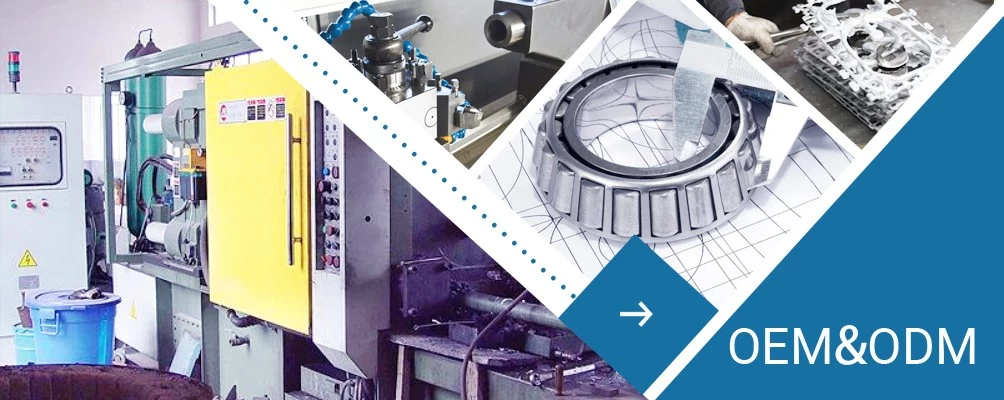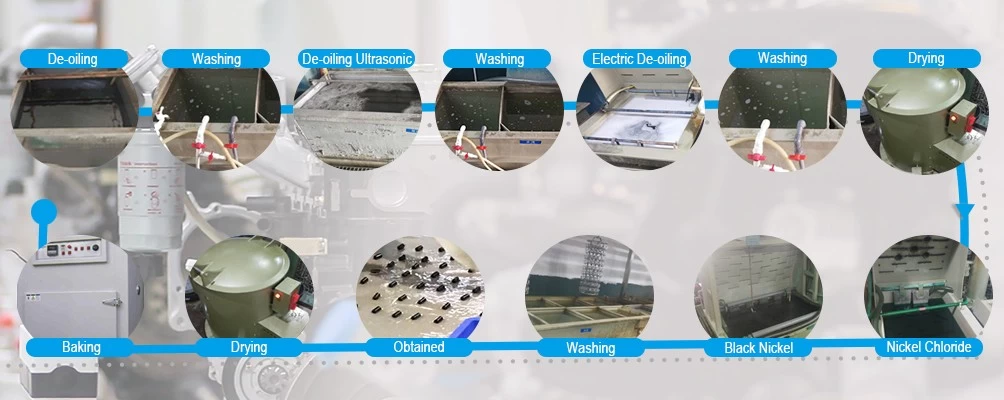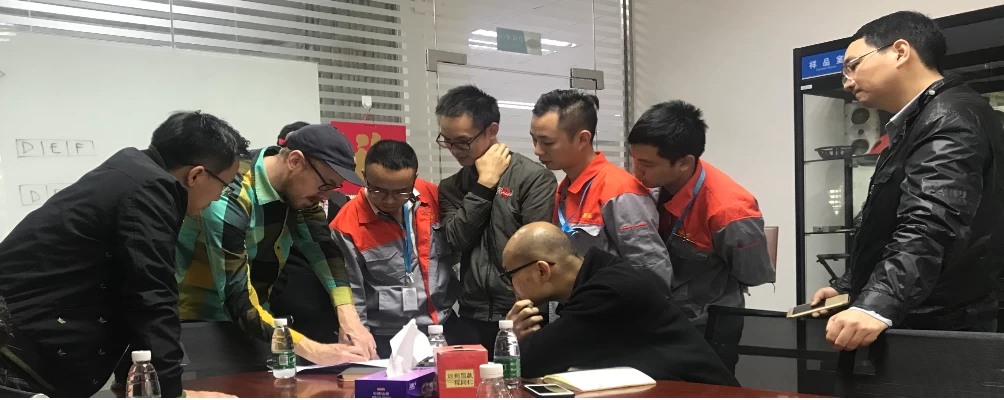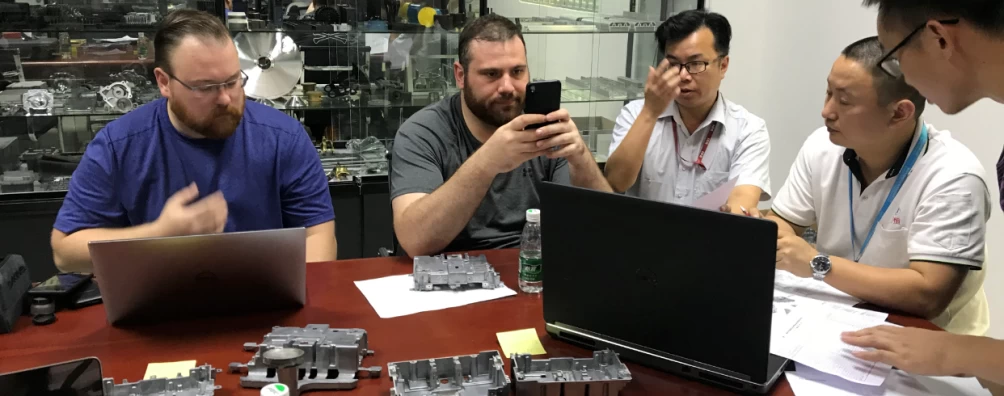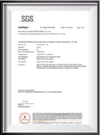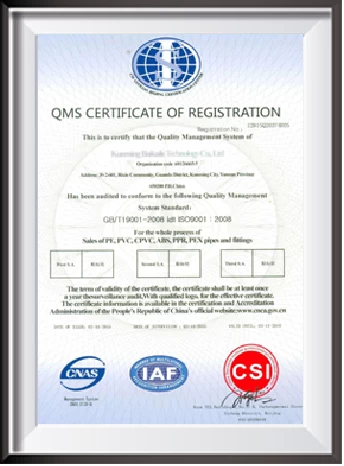China’s new stakeholders for MNCs
naky
www.diecastingpartsupplier.com
2015-10-28 15:16:02
Multinational corporations (MNCs) have been an essential part of China’s fast economic growth over the last three decades. They introduced new technologies, nurtured local managerial capabilities, created jobs and upgraded China’s export competitiveness. In return, MNCs found a new source of revenue by extending the life cycle of their mature technologies and products.
MNCs, however, got into a new playing field from the mid 2000s, with the preferential market access and tax benefits they previously enjoyed substantially reduced. The challenge from local competitors has become increasingly fierce. MNCs have had to adjust their strategies and market positioning to maintain a competitive advantage. Unfortunately their adjustment to the reality in China has not been working well.
In 2011, Conocophilips received the largest penalty ever in China, of more than $200m, for polluting Bohai Bay. This was the result of a collaboration among environmentalists, lawyers, mass media, government agencies and internet users. In 2013, the Chinese government inspected most major global pharmaceuticals companies, such as Novartis, AstraZeneca, Sanofi, Bayer and GSK on the bribery issue, leading to many of them substantively revamping their selling systems in China.
Faced with subtle yet seemingly chaotic social changes in China, along with the rise in public crises, many MNCs are at a loss. To disentangle the chaos, we need to understand the greater picture, which is China’s transformation from being a relation-based society to a rule-based society.
This goes far beyond a simple adversary such as one consumer reporting an MNC’s misdeeds to the government. It can involve multiple parties. Consumers or employees may invite the mass media to investigate and report their actions against MNCs, organized through the Internet and involving joint lawsuits.
Almost every MNC has seen such changes and tried to adapt. One popular idea is localisation. This often means tailoring products and services to local markets, relying on local talent and developing business and political networks. Electrolux claimed to be “Making [its] Foreign Brand Local”. P&G’s line was “Being A Chinese Citizen”. KFC has provided Chinese style breakfasts. L’Oreal created cosmetics friendly to the Chinese skin.
Fast local expansion sometimes involves a compromise of stakeholder interests, which may even trigger crises. Carrefour’s local expansion featured under-payment and high turnover of front-line workers. Shops were short-staffed to deal with basic tasks such as updating price tags. Consumers frequently caught the inconsistency between the price tag and the price actually paid and reported this as fraud to the government.
For years, MNCs have focused on economic adaptation for financial growth and neglected social adaptation to manage changing stakeholder roles and expectations. The problem with economic adaptation and traditional localisation is that they fail to build a favourable network of stakeholders that could help avoid widespread public crises. This failure could easily turn advocates into adversaries. Adapting to the transformation in China’s stakeholder environment requires an understanding not only of economic and political trends, but also of stakeholder perceptions of the MNC’s social image. It involves staying alert to any source of potential tensions during the stakeholder transformation. Such a strategic adaptation is vital for MNCs positioning themselves in China’s economic downturn and potential market turmoil.



